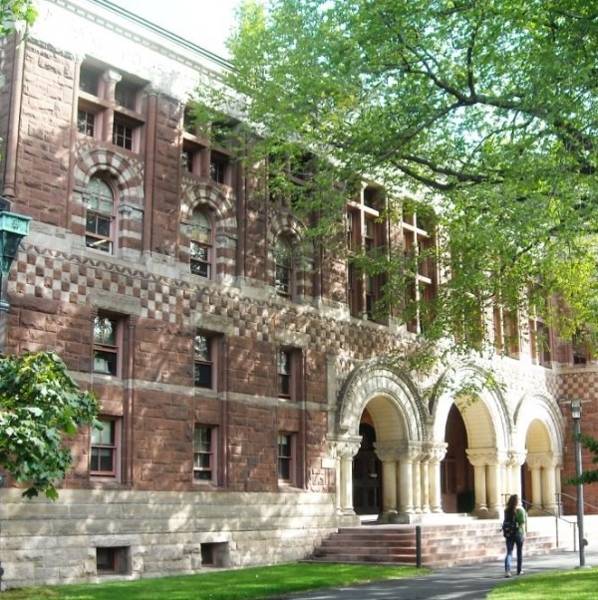The religion think tank Theos has published a new report which it says is intended to encounter entrenched positions on both sides of what its director says is an “unnecessarily overheated” debate around the role of faith schools in the British education system. Responding to the report, the British Humanist Association has rejected some of the key claims, suggesting that it is “partial, misleading and unjustified in a number of its conclusions”.
The report, entitled “More Than An Educated Guess: Assessing the Evidence on Faith Schools”, opens by stating that “this heated debate is often a proxy for wide disputes around the role of faith in contemporary society”, and argues that it provides “a cool-headed reassessment of the evidence base in relation to voluntary aided and voluntary controlled faith schools”.
Of the questions the report considers, the answers to two of them are particularly striking. The first concerns a common objection by opponents of faith schools: “are faith schools socially divisive – do they compound the effect of existing community divides, such as those of race or ethnicity?”
On this, the report concludes:
The evidence suggests that faith schools in general do not promote social division on racial and ethnic lines. Faith schools are ethnically diverse spaces. They have drawn on the discourse of social capital to emphasise their commitment to immigrant social mobility. At worst, faith schools’ efforts at promoting cohesion are as good as the broader education system.
The second question concerns the admissions policies of faith schools – “are faith schools exclusive and elitist – does the ability of some faith schools to act as their own admissions authority result in a degree of social or economic sorting?”
The report concludes:
The research thus far, although neither complete nor conclusive, points to some degree of indirect socio-economic sorting in schools which act as their own admission authorities. Whether faith-based selection can be isolated as the sole determinant, however, is not firmly established. While there may be good reasons to challenge faithbased selection, it would not solve the wider problem of socio-economic filtering which occurs at all oversubscribed schools.
In response to the Theos report, the British Humanist Association welcomed the findings on socio-economic sorting, but questioned its use of evidence and wider conclusions. Andrew Copson, the BHA’s chief executive, said:
“Although the report masquerades as a new, impartial, survey of evidence surrounding ‘faith’ schools, it is in fact more like apologetics for such schools. The report omits evidence, misrepresents evidence and even makes basic errors about types of school and types of data that undermine its claim to be taken seriously. We have produced a detailed analysis of its many flaws, which runs to pages.”
The full report can be read as a PDF via the Theos website, while the BHA’s detailed response is also available to download as a PDF.

